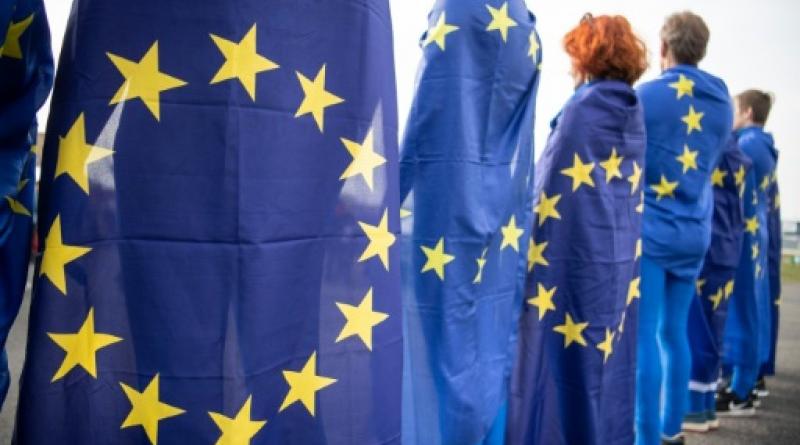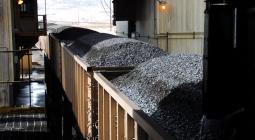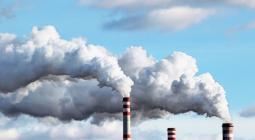Germany's far-right AfD warms to climate change denial.

They deny global warming, oppose wind farms, defend diesel engines and coal mines, and mock teenage climate activist Greta Thunberg as a green "cult" leader.
Politicians of the far-right Alternative for Germany (AfD) have discovered climate change denial in their campaign for European Parliamentary elections.
In times of bitter social polarisation, the AfD has trained its sights on those voters who see ecological issues as an elitist concern that kills jobs and hurts industry.
It has become the AfD's third major issue after it protested eurozone bailouts and then Europe's migrant influx -- both of which have lost much of their potential to energise angry voters.
"We would be crazy to ignore this topic," party leader Joerg Meuthen told the Spiegel daily. "As a politician, you have to address the issues that people worry about."
Stella Schaller of Berlin's Adelphi environmental policy think-tank said the AfD was indeed addressing an issue on many voters' minds, but with "an anti-liberal, anti-scientific ideology".
"The past two months have seen a significant increase in the number of Facebook posts from the AfD on the environment, climate and energy," she told AFP.
"Populist parties, with their rejection of progressive climate policy, appeal to those who feel a diffuse fear of the future or who fear profound transformative change."
- 'Holy Greta' cult -
A handy target has been Greta Thunberg, the 16-year-old Swedish activist behind the "Fridays for Future" movement.
Meuthen recently mocked "the holy Greta of Sweden", saying she had paid a "high-level state visit" to the European Parliament and "granted an audience" with the Pope.
The party's co-leader Alexander Gauland asserted that the "Greta cult is reminiscent of collective hysteria in the Middle Ages".
Gauland predicted the rise of renewable energy would turn Europe into a "deindustrialised settlement region covered in wind farms", which the party has also protested against.
Meuthen told AFP that climate change had become "a kind of replacement religion", while on social media the party has attacked the "CO2 cult" and "climate brain washing".
AfD social media posts mentioned climate fewer than 300 times in 2017-18, but that figure more than tripled over the past year, said a study by Greenpeace Unearthed and the counter-extremism Institute of Strategic Dialogue.
The party has worked closely with the so-called European Institute for Climate and Energy (EIKE), which asserts on its website that "not the climate is under threat, but our freedom".
- 'Save diesel' -
Another AfD battle cry has been to "save diesel" -- an emotive issue in car-mad Germany, where thousands of motorists are furious about the crisis sparked by auto giant Volkswagen's use of emissions cheating software.
In its wake, several cities have banned diesel cars, accelerating the demise of the technology and depressing the resale value of millions of cars.
According to the AfD's election programme, "millions of diesel drivers were expropriated" because the government, mainstream parties and EU have branded the internal combustion engine as outdated.
In Stuttgart, home of iconic auto makers Daimler and Porsche, yellow-vested protesters have held "diesel
demos", some carrying AfD placards with adhesive tape obscuring the party logo at the request of rally organisers.
On the European level, the AfD is not alone: a study by the Adelphi institute found that most right-wing populists either see climate change as unimportant, deny its existence or believe it is not man-made.
Seven of the 21 parties the study examined were rated as "deniers and sceptics", among them the AfD, Britain's UKIP and the Freedom Party of Austria.
Another 11 parties either had no explicit position on climate change or attach little importance to it, including the National Rally in France, Italy's Lega Nord and Poland's Law and Justice party.
In general, the study found, "right-leaning populist parties, claiming to speak for the 'true interest of the common people', often oppose climate and energy transition policies".
20 May 2019
FRANCE24





